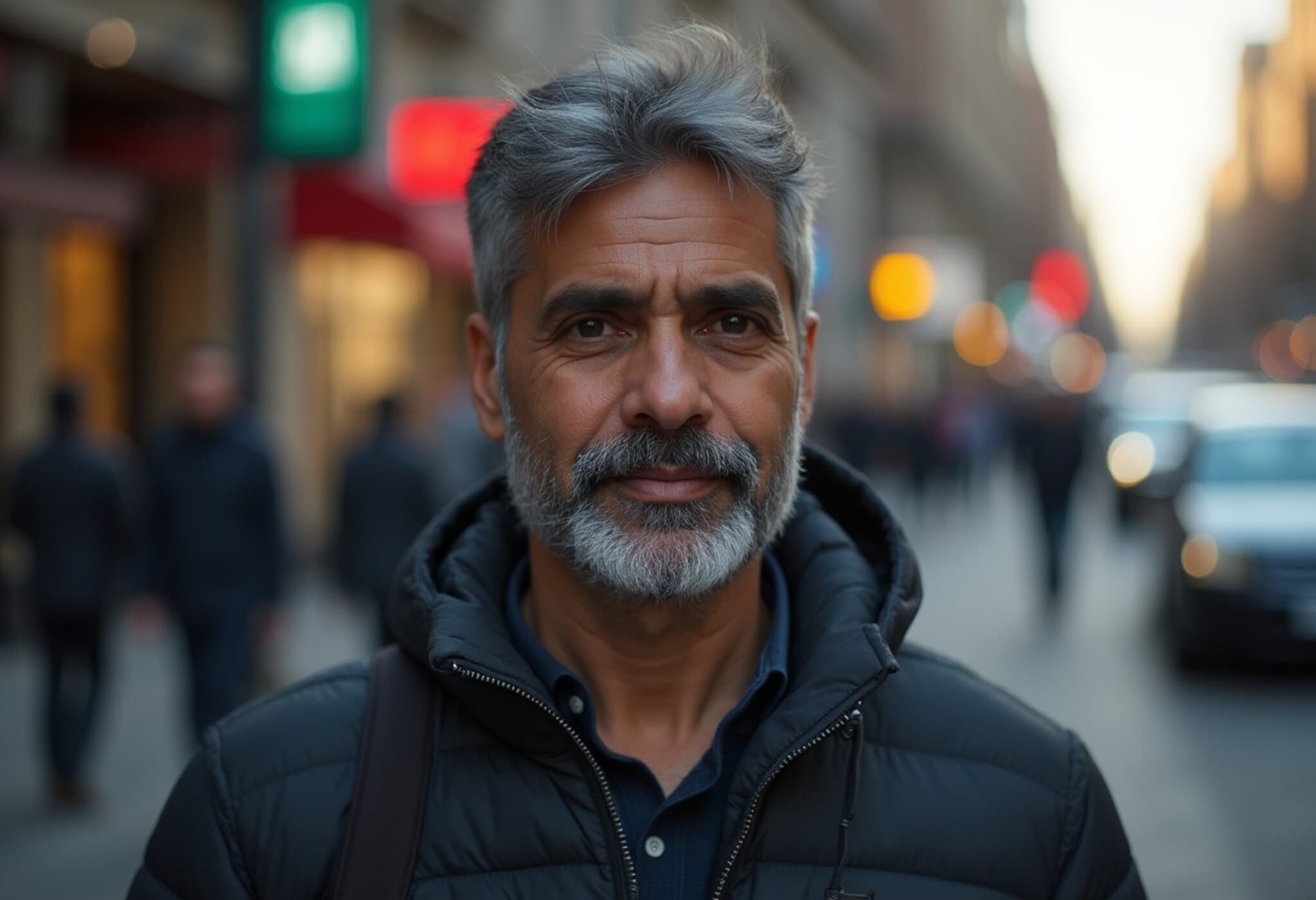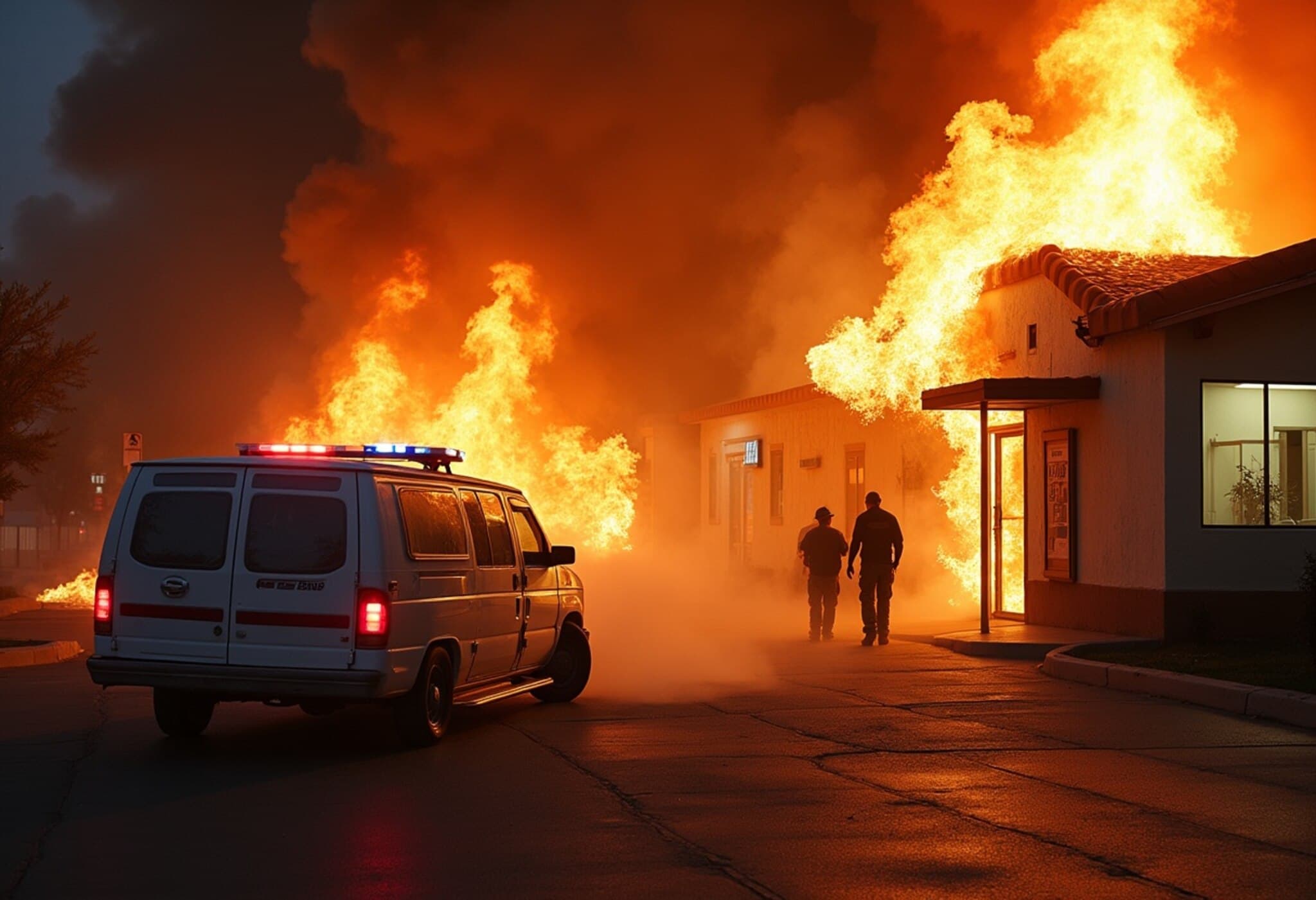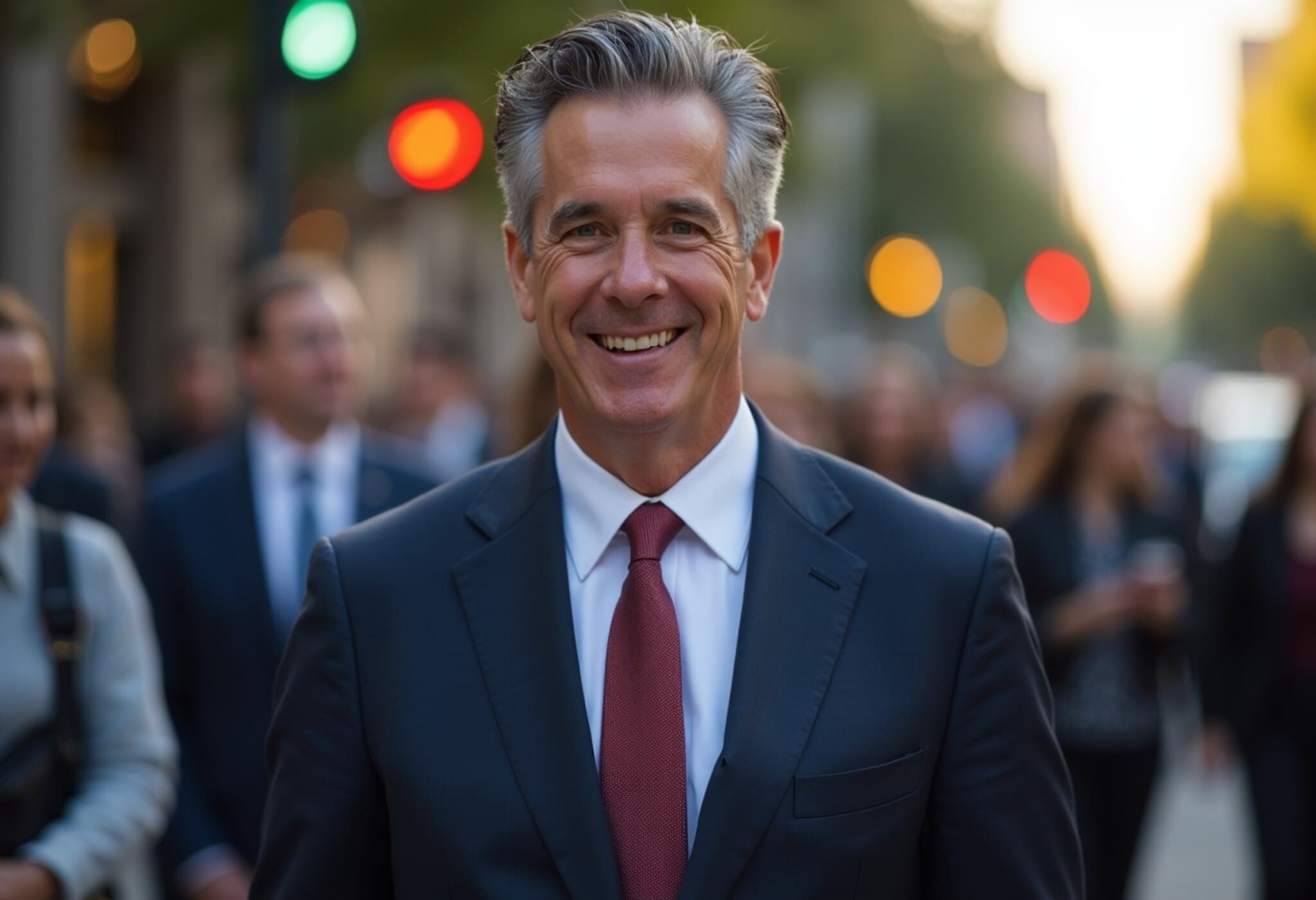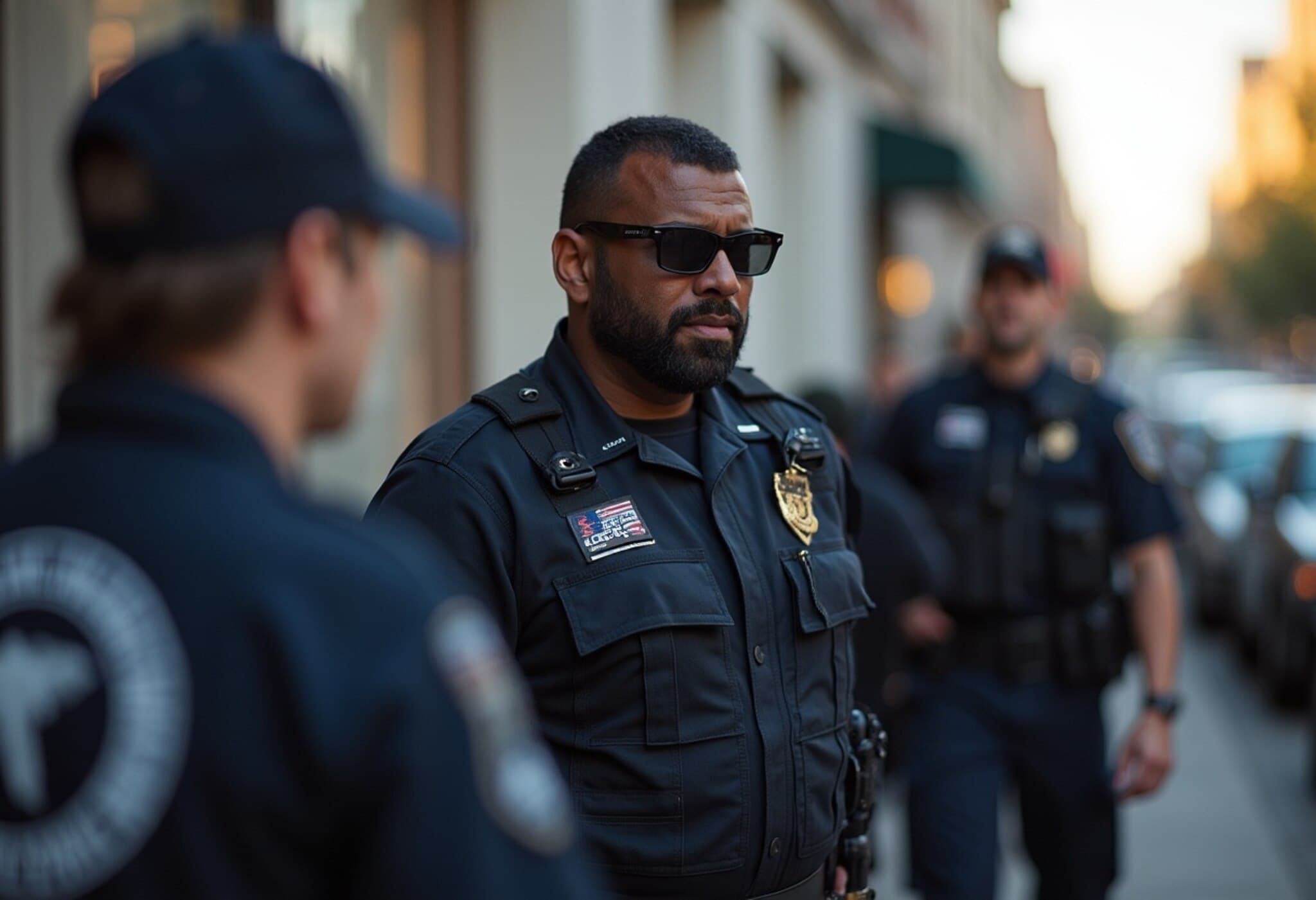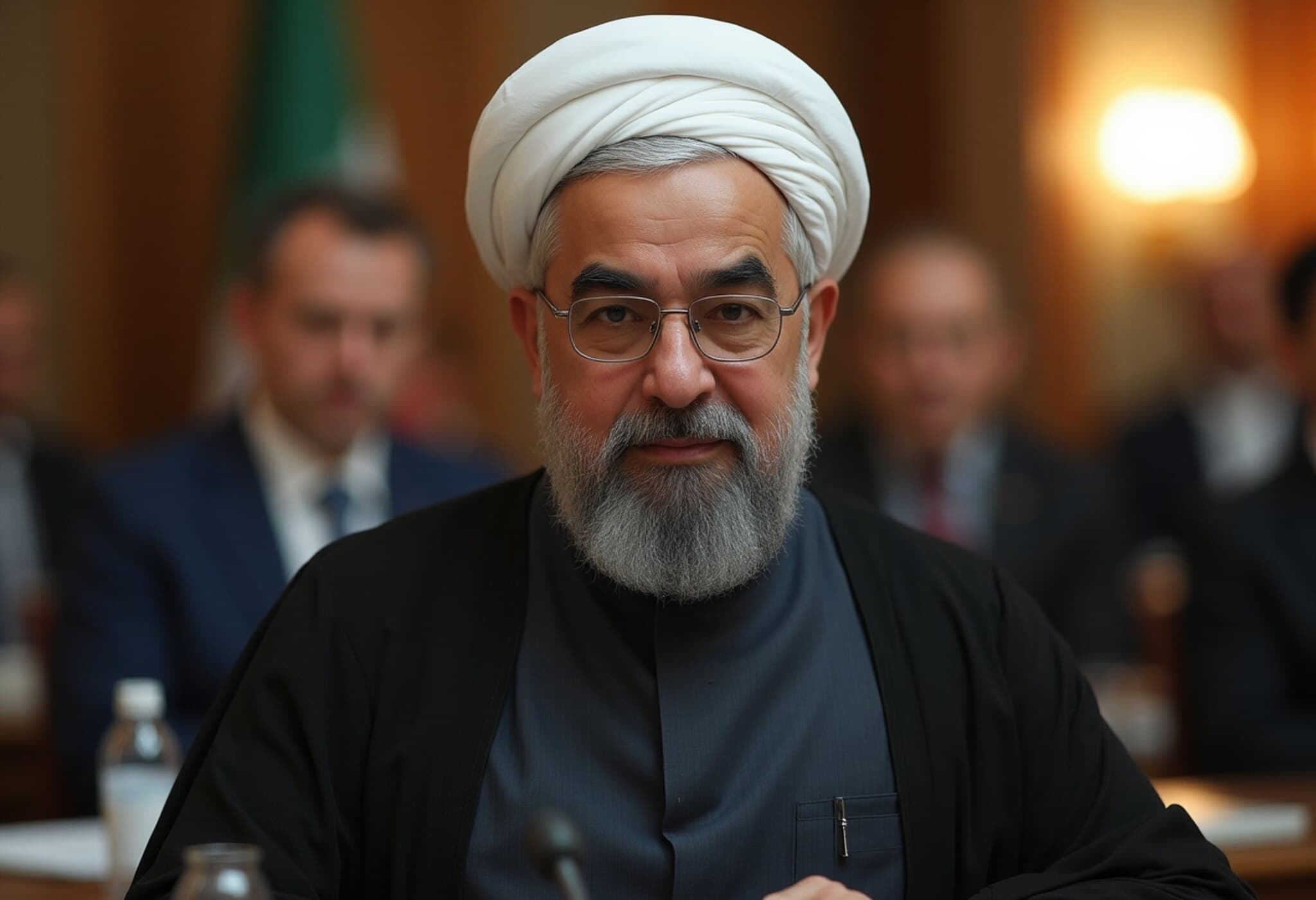Eight Arrested in California Gang-Related Kidnapping and Torture Operation
In a significant law enforcement operation, eight Indian-origin men residing in California were arrested last week in connection with a horrifying gang-related kidnapping and torture case. Among those detained was Pavittar Singh Batala, a figure wanted by India’s National Investigation Agency (NIA) and allegedly connected to the banned militant group Babbar Khalsa International (BKI).
Coordinated Multi-Agency Raid in San Joaquin County
On July 11, 2025, the San Joaquin County Sheriff’s Office AGNET Unit, supported by SWAT teams from Stockton Police Department, Manteca Police Department, Stanislaus County Sheriff’s Office, and the FBI, executed five simultaneous search warrants across San Joaquin County. The joint effort aimed to dismantle a violent gang involved in kidnapping, torture, and other violent crimes.
The raids culminated in the seizure of five handguns, an assault rifle, hundreds of rounds of ammunition, over $15,000 in cash, and high-capacity magazines, highlighting the potentially dangerous scale of the criminal enterprise. The eight suspects now face a slew of serious charges.
The Accused: A Closer Look at Pavittar Singh Batala and Associates
The lead suspect, Pavittar Singh Batala, is not just alleged to be a gang member but also carries a deeper, more complex profile. Known to Indian security agencies, Batala is accused of links to Babbar Khalsa International, a militant organization outlawed for terrorism ties. This connection raises alarms regarding the intersection of organized crime and transnational extremist networks operating within diaspora communities.
The other arrested individuals are:
- Dilpreet Singh
- Arshpreet Singh
- Amritpal Singh
- Vishal (surname not disclosed)
- Gurtaj Singh
- Manpreet Randhawa
- Sarabjit Singh
The charges filed against this group include kidnapping, torture, false imprisonment, conspiracy, witness intimidation, assault with a semiautomatic firearm, terroristic threats, and felony gang enhancements.
International Implications: The U.S.-India Law Enforcement Nexus
Sources close to the investigation revealed that Indian agencies are actively liaising with their American counterparts concerning the possible extradition of Pavittar Singh Batala. This development underscores the importance of international cooperation in tackling cross-border crime that blends political militancy with organized gang violence.
Legal experts note that while extradition processes can be lengthy and complex, the presence of such a suspect on U.S. soil adds urgency to security and intelligence exchanges between the two countries.
Community and Policy Impact
This case also opens up broader questions about:
- The proliferation of violent gangs and radical groups within immigrant communities.
- How terrorism charges intersect with gang violence in diaspora settings.
- The role of multi-agency task forces in tackling violent crime that has both local and international dimensions.
- Challenges faced by law enforcement in balancing civil liberties with public safety in ethnically diverse regions.
Advocates for community engagement emphasize that alongside law enforcement efforts, there must be robust social services and outreach programs aimed at preventing radicalization and criminal recruitment among vulnerable youth.
Editor’s Note
The arrest of Pavittar Singh Batala and his alleged associates marks a critical juncture at the crossroads of gang violence and international terrorism. This story illustrates how local crime can intertwine with global security concerns, demanding nuanced policy responses on both sides of the Pacific.
As this case moves forward, it raises pressing questions about the efficacy of international law enforcement collaborations and the need for comprehensive strategies to address the root causes of such dangerous networks embedded within immigrant communities.
Readers are encouraged to watch this space for updates on the legal proceedings and to consider how communities can work alongside authorities to build safer, more resilient neighborhoods.









